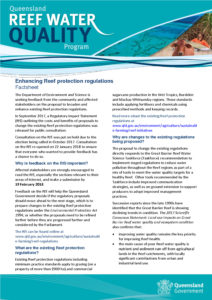With cyclone season upon us Lower Burdekin Home for the Aged is seeking local assistance. Lower Burdekin Home for the Aged in Ayr has a backup generator to fully supply electricity needs in the event of natural disaster e.g. cyclone. They have learned from Cyclone Debbie the experience in Bowen that power restoration was a slow thing and accessing a supply of diesel was even slower. If the home suffers a power loss they have the ability to maintain emergency power for approximately 24 hours, after that they will require diesel. This meets their requirements in most events but if there is undue delay then they will lose power to what is now an essential service.
Lower Burdekin Home for the Aged is a not for profit organisation and resourcing diesel storage is not a viable option since it can’t be used elsewhere within the facility.
Lower Burdekin Home for the Aged would like to have ‘diesel angels’ they can call upon to leave a field trailer/s at the home during a prolonged emergency eg. cyclone. Home would pay for diesel utilised during outage and this would allow them to keep the lights on/services running.
If anyone is interested in assisting the Lower Burdekin Home for the Aged in this regard please contact Jim Collins, General Manager. Contact details are:
Mobile: 0407 219 420
Phone: 07 4783 0100
